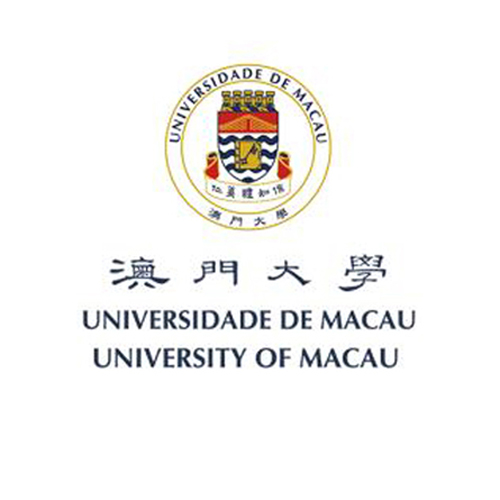Making a material difference: pioneering research in advanced materials
A new institute at the University of Macau is pioneering the development of advanced materials that can create greener energy sources and protect the environment
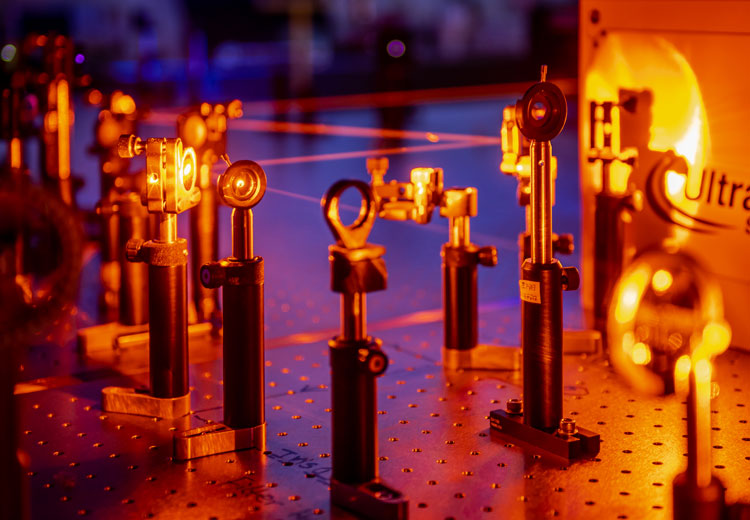
Sponsored by
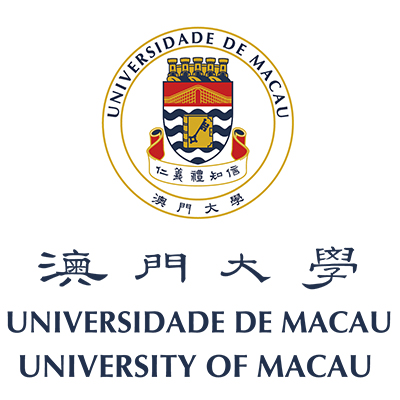
Sponsored by

In 2023, the University of Macau (UM) unveiled its Macao Centre for Research and Development in Advanced Materials. Located in UM’s research base, the centre aims to boost the advanced materials industry in Macao and surrounding areas by developing new materials for energy, environmental protection and healthcare. It leverages the expertise of UM’s existing Institute of Applied Physics and Materials Engineering and promotes the commercialisation of research results through interdisciplinary collaboration.
Zikang Tang, chair professor at the Institute of Applied Physics and Materials Engineering, explains: “There are so many kinds of materials available in the world, some of which are already in use and are popular. Our focus is on creating new types of materials.” One of the centre’s key achievements is the development of new perovskite solar cells that do not rely solely on sunlight to convert energy. The new, layered material can continue to convert energy with high efficiency, regardless of whether it is day or night.
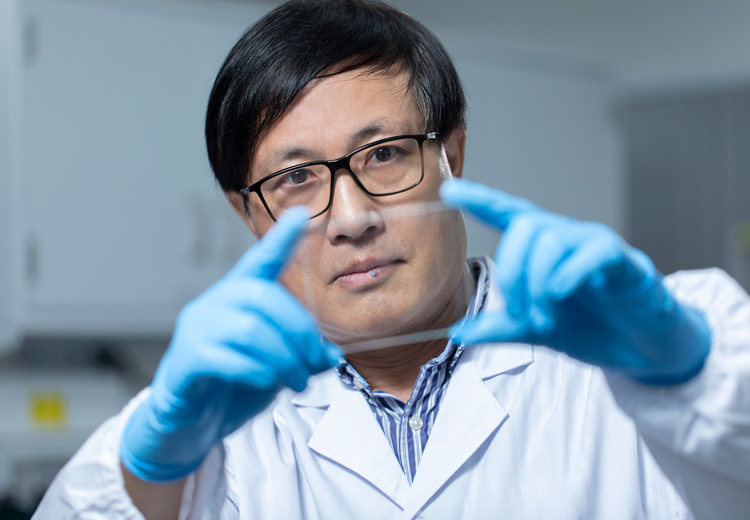
Zikang Tang, chair professor at the Institute of Applied Physics and Materials Engineering
Another notable innovation from the centre is the invention of nanofoam concrete, sometimes referred to as foam cement. Typically, cement production is energy-intensive and detrimental to the environment as the manufacturing process requires high temperatures. Some estimates suggest that cement production associated with construction accounts for seven per cent of the world’s total carbon emissions. UM’s advanced new material can reduce cement consumption by up to 40 per cent, explains Tang. It has already been used in several major projects in Macao and Zhuhai, including road construction.
The institute has achieved promising results by developing materials that can help populations cope with drought and global warming, such as an innovative hydrogel that can absorb water over 18,000 times its weight. The gel can be buried in the ground to retain water in farmland and deserts and reduce the time and energy spent on transporting water.
In healthcare, the centre has pioneered a new technology for cancer immunotherapy. Usually, cancer cells can evade detection by the immune system. The centre has discovered innovative ways to apply carbon quantum dot materials in tumour immunotherapy. These materials transform the shape of the proteins in cancer cells so that they no longer resemble normal proteins, triggering an immune response in patients. “Within a short time, the immune system starts to fight off cancer cells in the body, no matter what type of cancer it is,” says Tang.
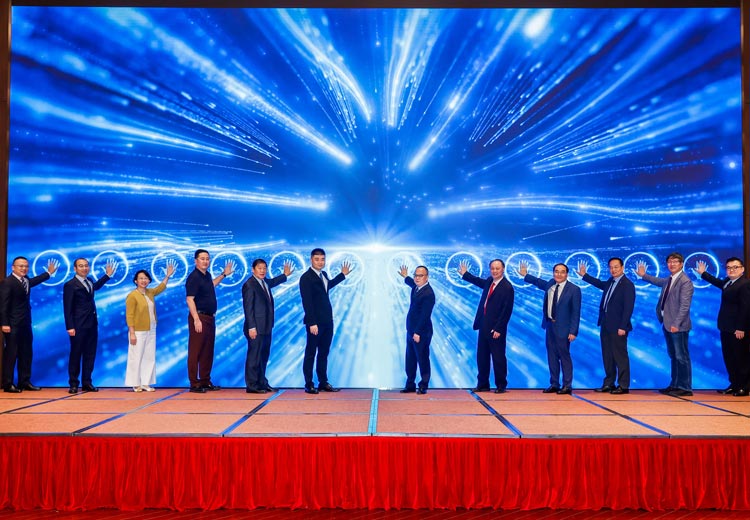
The plaque unveiling ceremony for the Macao Centre for Research and Development in Advanced Materials
Collaboration is crucial for the success of these developments. In addition to establishing connections with universities and businesses worldwide, UM receives support from the Macao government. It has benefited from the Guangdong-Macao In-depth Cooperation Zone in Hengqin, which seeks to promote innovation and economic development in the region. UM’s achievements in advanced materials are not only groundbreaking but also fully aligned with the government’s strategy for economic diversification.
Find out more about the University of Macau.
